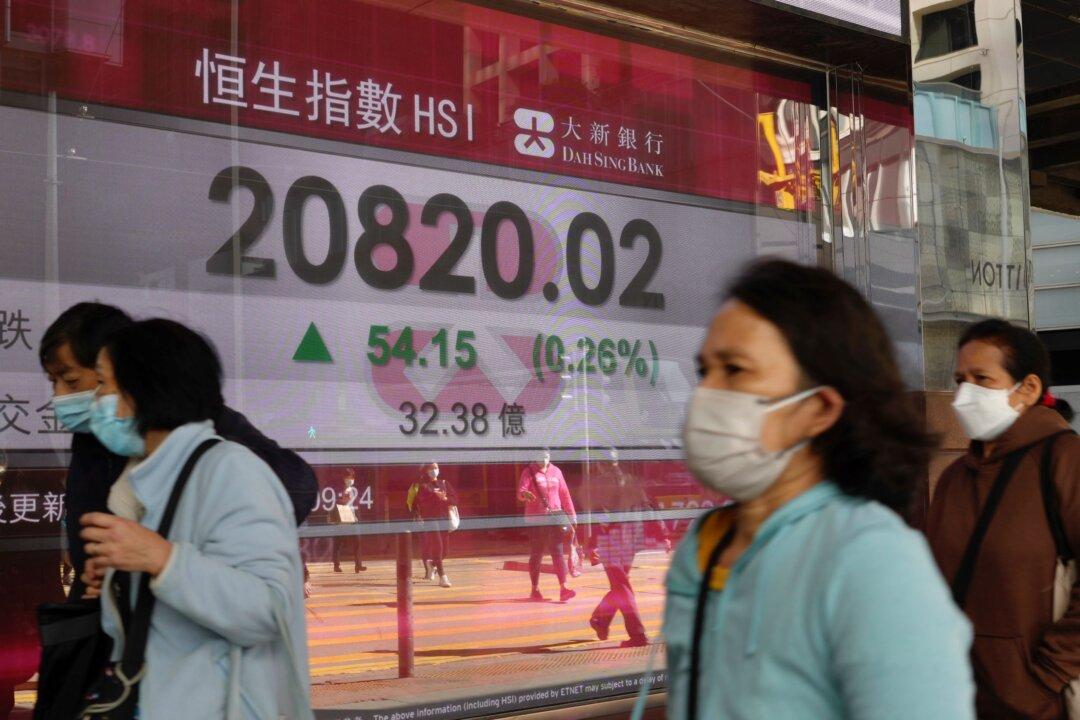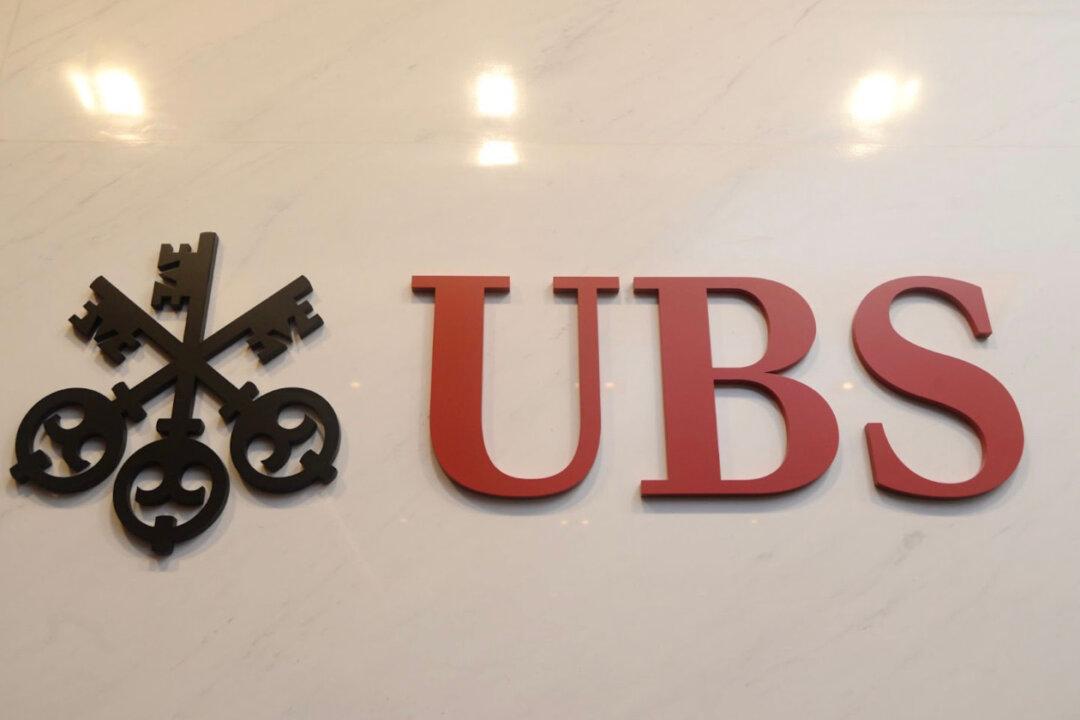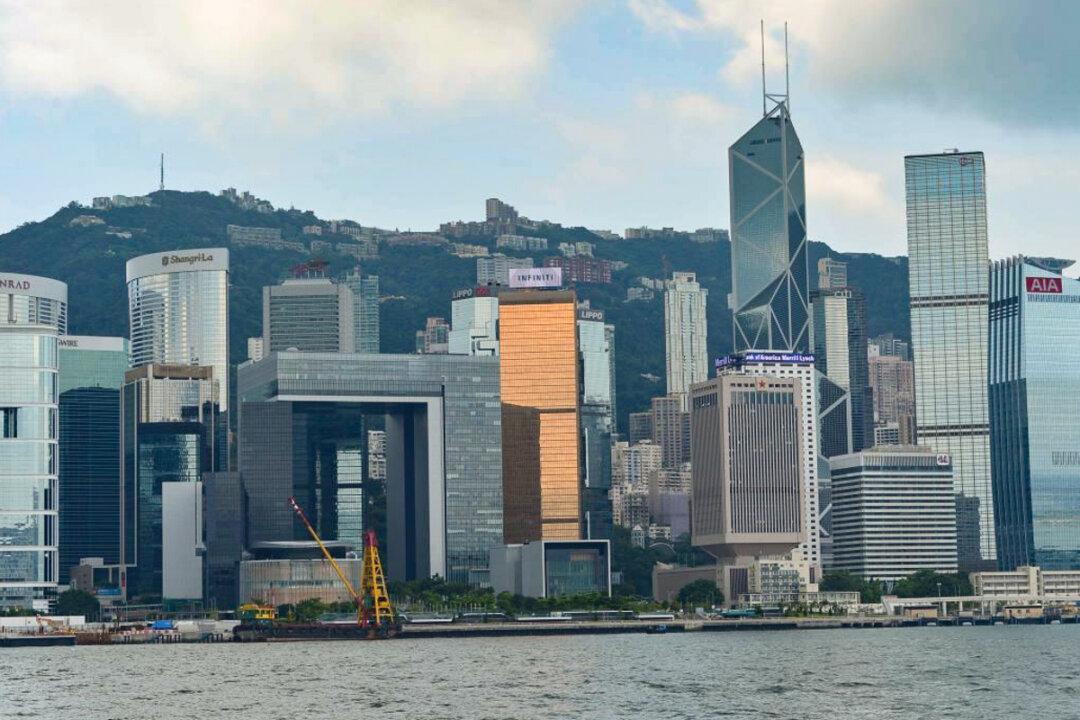Hong Kong’s Hang Seng Index (HSI) opened low at 353 points on April 25 before falling further and further to the 20,000 mark. The U.S. interest rate hike intensified. The Dow plunged 981 points on April 22; Asian stocks collapsed on April 25; the HSI fell 769 points, down about 3.7 percent. The day’s high fell 353 points, the low fell 854 points, and the market finally closed at 19,869 points. KSCI and NSCI jumped 4.9 percent and 4.1 percent respectively, and Hong Kong stocks traded $134.8 billion during the day. In addition, Japanese and Taiwan stocks fell 1.9 percent and 2.4 percent respectively, while the Shanghai Composite Index and Shenzhen Component Index dropped 5.1 percent and 6.1 percent respectively.
Only 4 blue chips in Hong Kong were kept intact, while the remaining 62 were lower, with Alibaba (09988) down 5.5 percent, Tencent (00700) down 3.9 percent, HSBC Holdings (00005) down 4.6 percent, and HKEx (00388) down 3.6 percent. The best performer was Power Assets (00006), up slightly by 1.1 percent.




